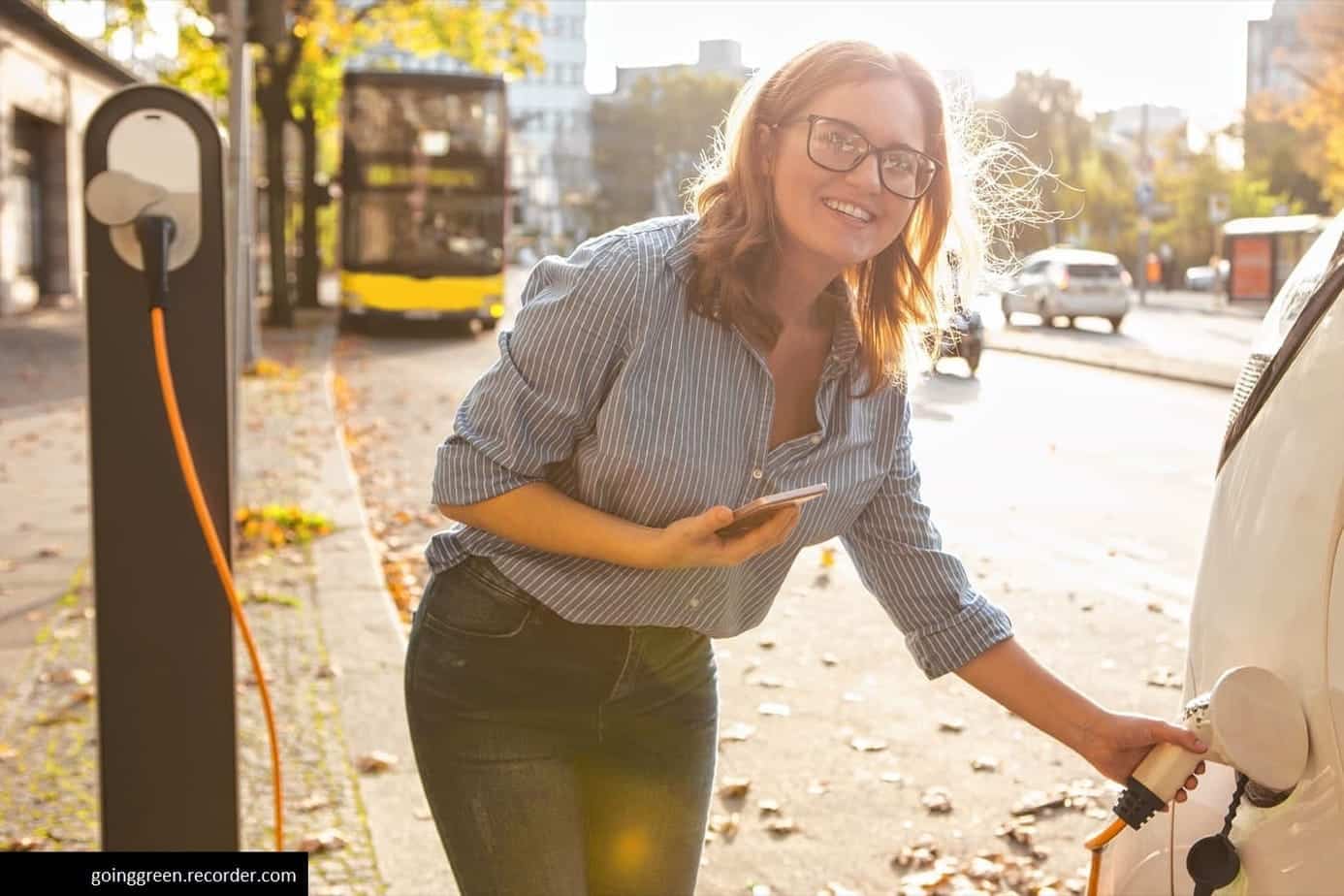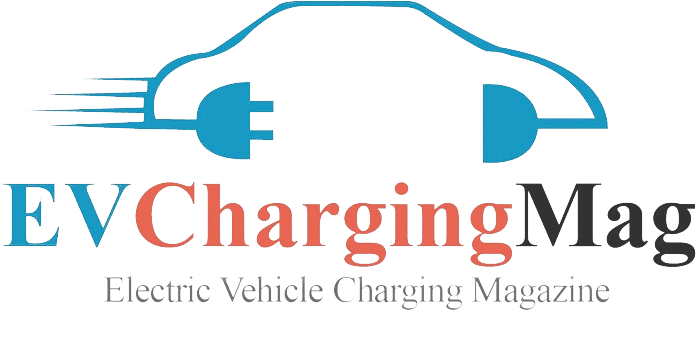Stepping into the world of electric vehicles (EVs) is thrilling, but navigating the charging options can feel overwhelming. Two terms you’ll often encounter are EV charger and EVSE. While they might seem interchangeable, understanding the distinction is key. This guide will not only clarify the difference but also delve into the various EV charger types available in 2024 and equip you with crucial factors to consider when selecting the perfect charger for your electric companion.
EV Charger vs. EVSE
Don’t be fooled – EV chargers and EVSEs play distinct roles in the EV charging ecosystem:
- EV Charger: Think of this as the internal magician within your EV. It’s responsible for transforming the AC (Alternating Current) power you receive from the grid into DC (Direct Current) power. Why the switch? Because that’s the language your EV battery speaks – DC power is what gets your car charged up and ready to roll.
- EVSE (Electric Vehicle Supply Equipment): This external setup acts as the delivery system for the charging process. It encompasses the following:
- Charging cable: This trusty connector bridges the gap between your EV and the power source.
- Plug: This fits snugly into the designated charging port on your vehicle.
- Controls and monitoring system (optional): Some EVSEs boast features to regulate charging power, monitor the charging status, and even schedule charging sessions for your convenience.
The Evolving Landscape of EV Chargers in 2024
The world of EV charging technology is constantly in flux, offering a growing array of options to juice up your electric car. Here’s a breakdown of the most common EV charger types in 2024, along with expert insights:
- Level 1 Charger (Slowest): This basic charger plugs into a standard 120-volt household outlet. While convenient for topping off your battery overnight (think 20 hours for a full charge), it’s the slowest option available. According to industry expert Rebecca Garcia, “Level 1 chargers are a good backup option, but for regular charging, you’ll want something faster.”
- Level 2 Charger (Faster): This more powerful charger utilizes a 240-volt outlet, similar to your clothes dryer. Ideal for home or workplace installations, Level 2 chargers significantly reduce charging times to 4-8 hours for a full charge. “Level 2 chargers are the sweet spot for most EV owners,” says Garcia. “They offer a good balance between speed and cost.”
- Level 3 Charger (DC Fast Charger – Fastest): Found primarily at public charging stations, Level 3 chargers deliver DC power directly to the battery, enabling the fastest charging speeds (partial charge in 20-30 minutes). However, their high power output makes them unsuitable for home use due to electrical infrastructure requirements. “Level 3 chargers are lifesavers for long road trips,” says Garcia. “But keep in mind they’re not meant for regular charging, as frequent use can potentially impact battery health.”
- Wireless Charger (Emerging Technology): This innovative technology eliminates the need for cables. It utilizes magnetic induction to transfer energy between a charging pad on the ground and a compatible receiver installed on the underside of your EV. While still a developing technology, wireless chargers offer the convenience of a cable-free charging experience. Charging times can vary depending on the model, but typically range from 1-3 hours for a full charge with a 20 kW charger. “Wireless charging is definitely one to watch,” says Garcia. “As the technology matures, we can expect faster charging speeds and wider adoption.”
Choosing the Right Charger in 2024: Beyond Just Speed
While charging speed is a crucial factor, several other considerations come into play when selecting an EV charger:
- Power Source: Ensure the charger’s compatibility with your available power source. Level 1 chargers work with standard 120v outlets, Level 2 chargers require 240v outlets, Level 3 chargers necessitate dedicated high-voltage circuits, and most wireless chargers require 208-240v AC.
- Compatibility: Verify that the charger’s port type, voltage, amperage, connector, communication protocols, and software/firmware are all compatible with your specific EV model.
- Cost: Prices vary depending on charger type and features. Level 1


Is it possible to adjust charging for more miles per unit in my MG